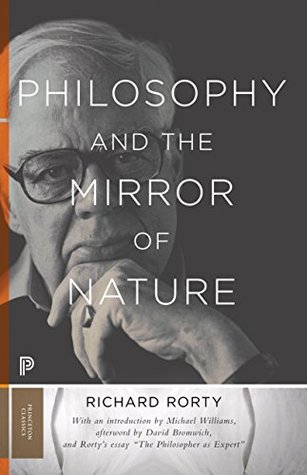Whereas the ancients took only the universal-grasping part of Descartes’s nonextended substance as “separately existing,” contemporary dualists (conceding beliefs, desires, and the like to Ryle as ways of speaking of dispositions) take only event-like candidates for mentality as “separately existing.” Whereas Thomists, for example, accuse Descartes of having pointlessly endowed sense with the immateriality which is the prerogative of reason, contemporary dualists accuse him of having pointlessly endowed mathematical knowledge and decisions on conduct with the immaterial thinghood which belongs
...more
Welcome back. Just a moment while we sign you in to your Goodreads account.


